When you’re trying to make a plan to lose weight, it’s helpful to find reliable information about what will work and what won’t. Typing “weight loss” into a search engine will turn up a dizzying array of results. You could spend days reading about calories and ingredients and macros and still not know what foods should be on your plate at your next meal.
Some suggestions about healthy eating and exercise are useful, but there is also a lot of misinformation about food circulating. Fad diet plans tend to hone in on one particular food and either forbid it or tell you to eat it all the time. Other foods that are marketed as healthy alternatives to processed snacks aren’t really healthy at all. It’s hard to tell what to believe.
I decided to do some background research on how to eat for weight loss. What I learned is that some of the most common ideas are more myth than fact. Here are five diet myths to stop believing now.
Carbs Make You Fat
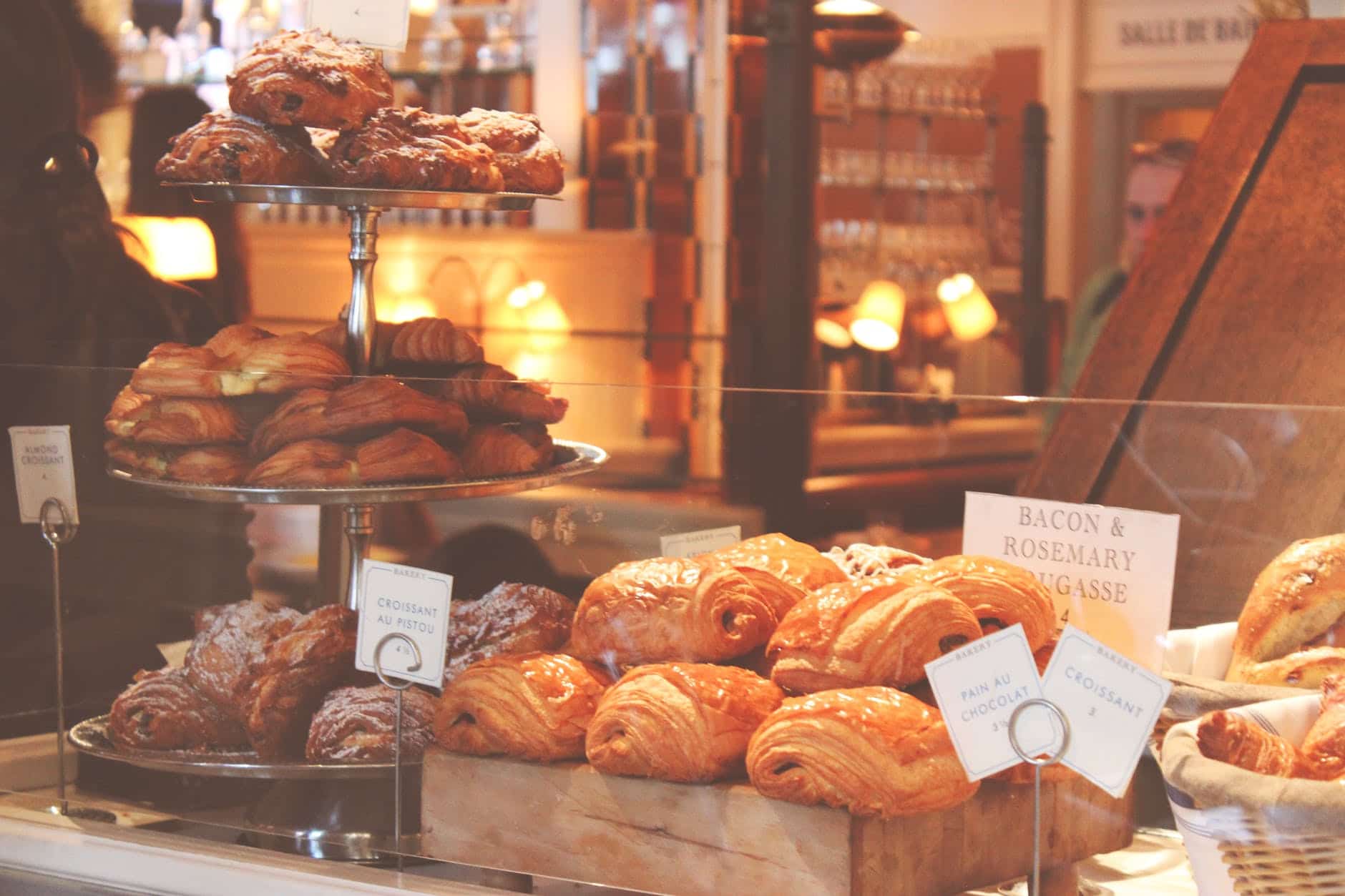
Wouldn’t it be amazing if there was a single type of food to blame for weight gain? You could just cut it out and lose all the weight you want!
One example is carbohydrates. Fad diets have vilified carbs in recent years, and millions of people have tried to cut carbs to lose weight. It’s not that simple, though.
Carbohydrates are starches, sugars, and fiber that show up in foods. There are complex carbs, like those in nuts, pasta, grains, and simple carbs such as sugar, milk, and fruit. In fact, your body needs the quick energy carbs provide, particularly high-fiber carbs that take a while to digest, such as whole-grain bread. You can also pair carbs with protein to increase satiety, such as having some cheese with an apple as a tasty snack.
But cutting out carbohydrates altogether won’t magically make anyone skinny. It will just make you crave pasta.
There is wisdom in being mindful about eating carbs, of course. High carbohydrate, low nutrient snack foods are packed with calories, and they add up quickly. The sugars in simple carbs also lead to insulin spikes that promote fat storage. Your body will burn through simple carbs like refined sugars and white flour, leaving you hungry again quickly, which can lead to overeating.
Gluten is Bad for You
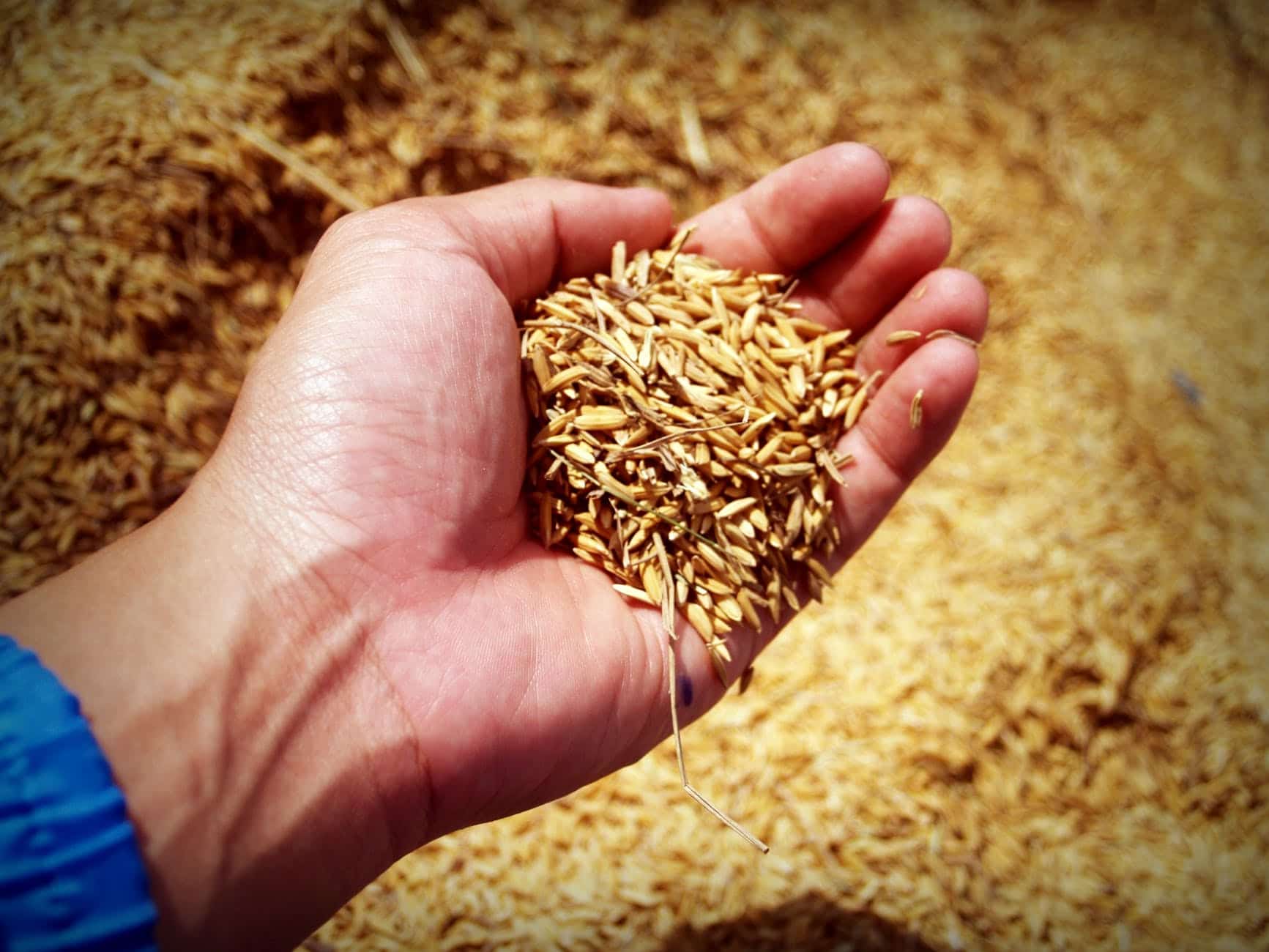
Gluten has been on everyone’s lips – but off many plates – for the past few years. It’s turned into a major food bugaboo. But what even is gluten, and is it actually bad for you?
According to the National Institute of Health (NIH), National Library of Medicine, “Gluten is a complex mixture of hundreds of related but distinct proteins, mainly gliadin and glutenin.” Gluten exists in grains such as wheat, barley, rye, and oats. Glutens are what allow dough to become stretchy during the preparation of bread or pastries.
Because gluten is part of commonly used grains, it shows up in lots of foods. Bread, pizza, cereals, cookies, cakes, you name it, there is gluten in it. And for most people, gluten won’t do them any harm.
There are two groups of people for whom gluten is a big problem. Folks with celiac disease cannot tolerate gluten at all. Even as little as 50mg of the protein triggers an autoimmune response that damages the inside of their GI tract. It’s uncomfortable, and the damage can be permanent. A damaged gut can’t absorb nutrients, leading to problems like osteoporosis, infertility, and even nerve damage. Celiac has to be diagnosed by a doctor via a blood test. You can’t diagnose it yourself.
The other folks who should avoid gluten are people with sensitivity to the protein. For gluten-sensitive people, gluten causes temporary symptoms like bloating, gas, diarrhea, and joint pain. However, it doesn’t damage their intestinal tracts. There are no simple tests for gluten sensitivity.
If you think gluten is causing you problems, your doctor will have you do an elimination diet to see if that is the case.
You can develop both gluten sensitivity or celiac disease at any time in your life. In fact, my 78-year-old mother, who, after being gluten intolerant for years, now has full-blown celiac. If you’re having symptoms that line up with gluten-related health problems, it’s worth a conversation with your doctor.
For everyone else, gluten isn’t a problem. Cutting it out of your diet won’t benefit your health and could be a problem if you’re not careful to replace grains with other fiber sources. For that reason, it’s on this list of diet myths.
Sugar-free/Fat-free foods are Healthy Alternatives
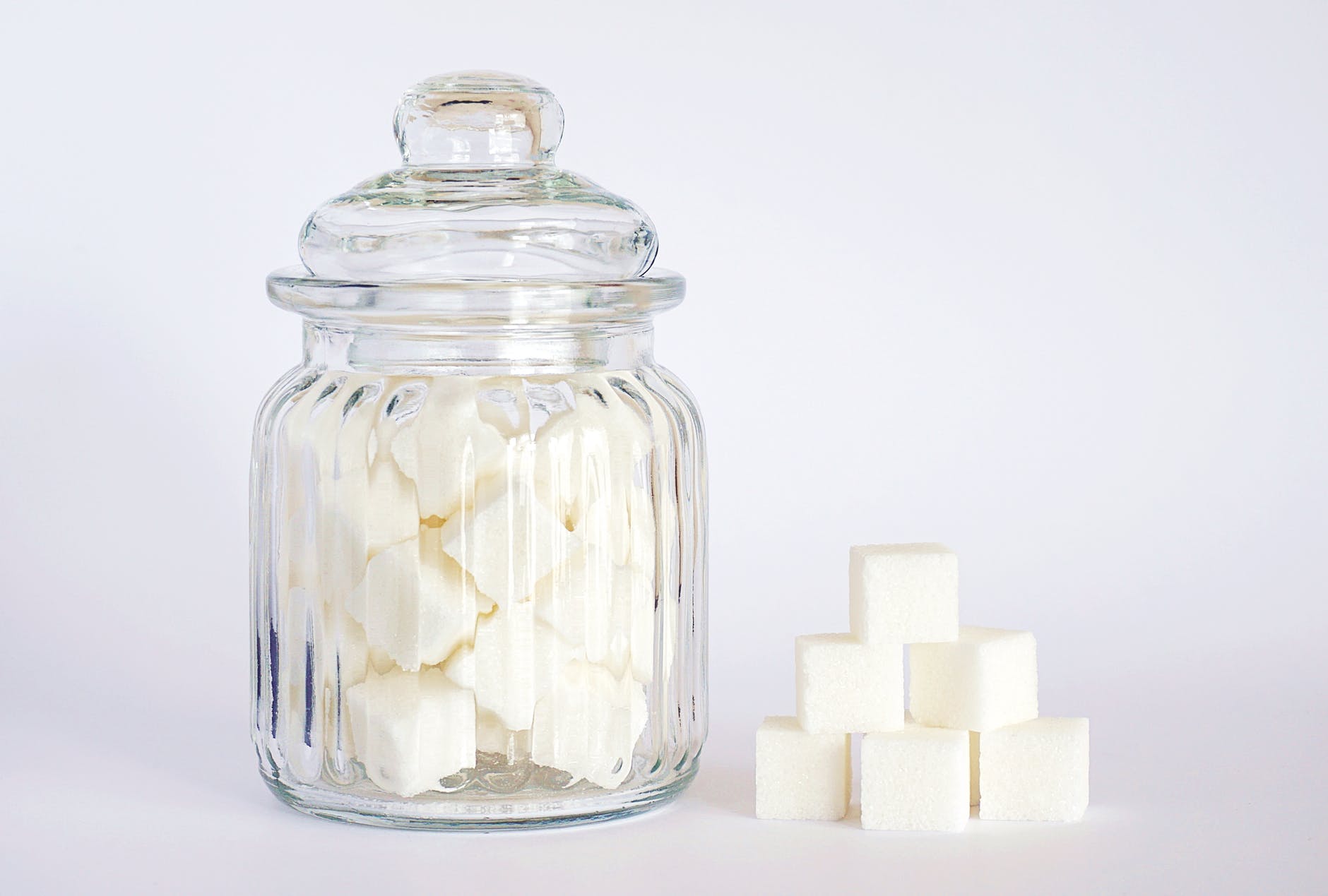
If a food is naturally low in sugar or fat, yes, it can be healthier alternative to a sugary or fatty snack. For example, a bowl of grapes is a good fat-free alternative to a bowl of M&Ms. However, prepared foods marked “sugar-free” or “fat-free” are simply processed food. They may be high on calories and low on nutrition.
Food makers have to replace fat and sugar to make their foods taste good. Low-fat foods often have extra sugar, thickeners, or salt to make up for what’s missing when the fat content goes down. That means a low-fat food can be just as high in calories as its full-fat counterparts.
Alterntively, sugar-free foods tend to have artificial sweeteners, which are generally safe to eat but don’t benefit your body. They’re just an added flavor.
You need to look at the label to see what is actually in foods that say low-fat or low-sugar and see if they’re really any good for you.
It’s probably easier just to eat that bowl of grapes.
Eggs are Bad for You
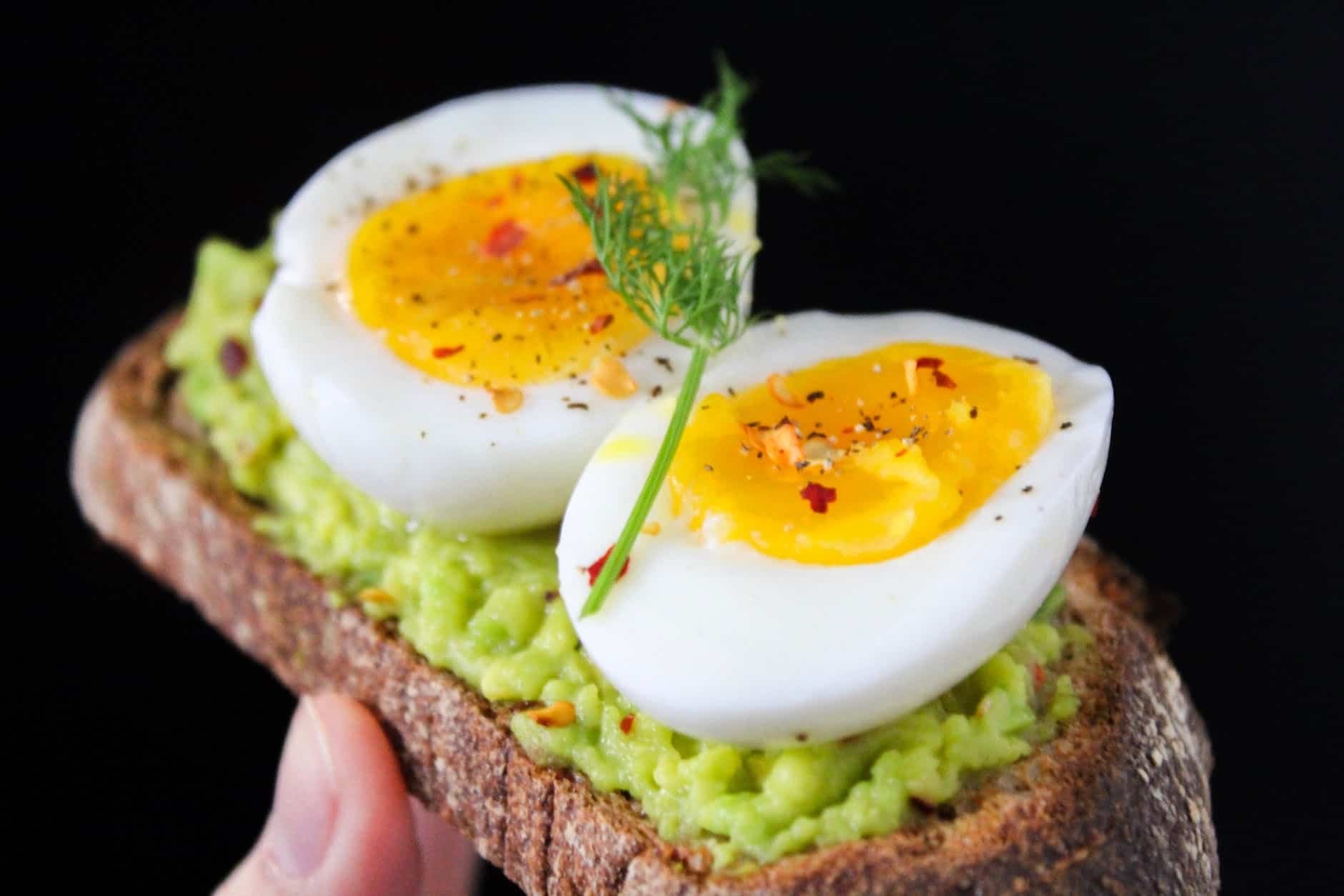
There was a time when eggs got linked to cholesterol problems, and their reputation has never fully recovered.
Eggs indeed have a high cholesterol content, but over time, science has proved that eggs alone don’t raise overall cholesterols levels in the body. Eggs alone don’t seem to cause heart or vascular problems, though some of the high-fat food that people pair with eggs are problematic. Bacon and sausage are more of a cholesterol danger than eggs are.
If you’re a generally healthy person, doctors say regularly eating eggs is fine. They have a lot of protein and make you feel full for a long time after eating them.
I’m glad this diet myth has been busted; I eat eggs near every day!
You Should Eat More Fat Burning Foods
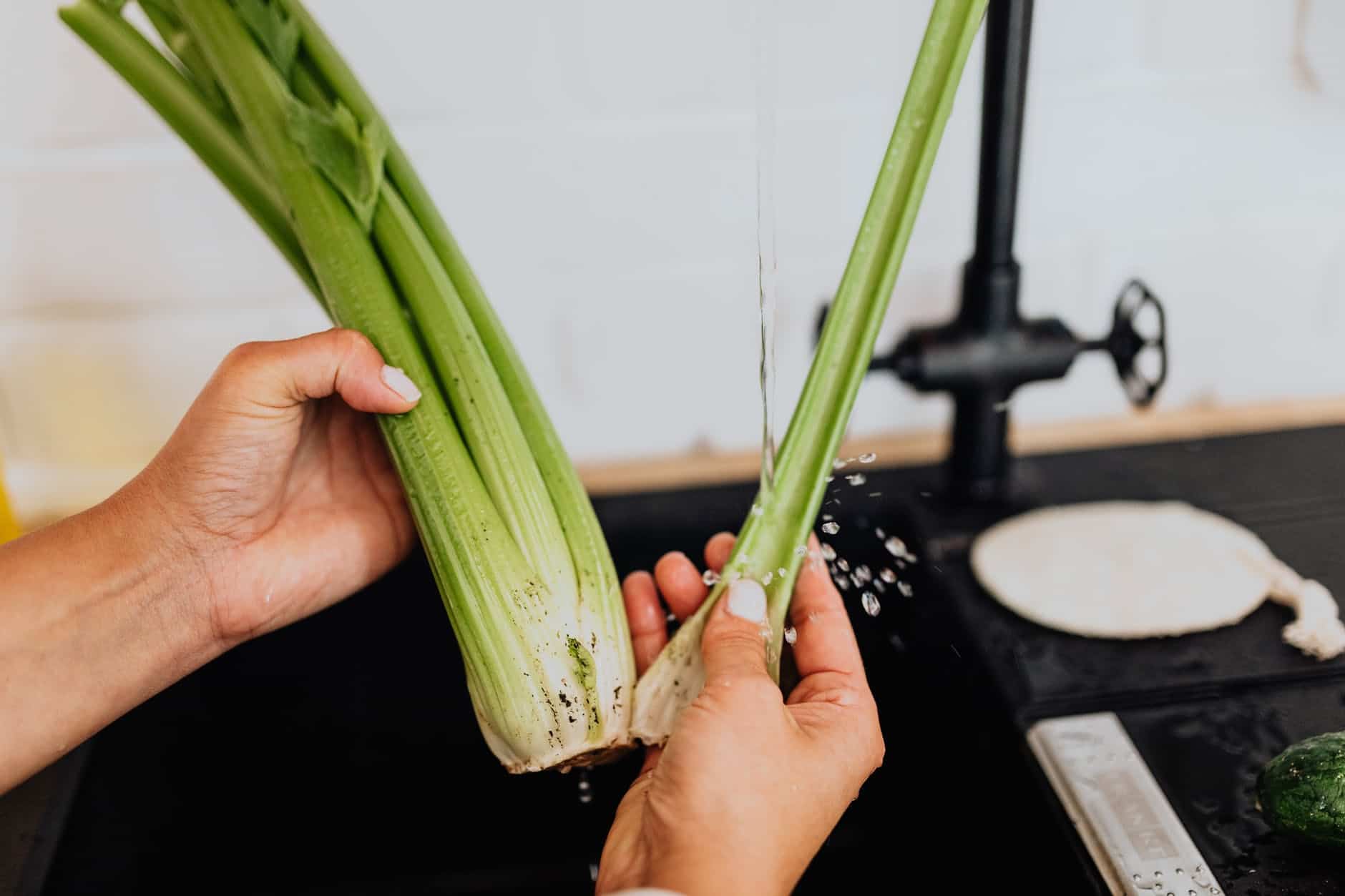
“Fat burning food” is kind of a misnomer, if you want to know the truth. There isn’t actually something you can eat that starts blasting through the stored fat on your body. Even celery, with its reputation of requiring more calories to digest than it contains in a serving, isn’t a weight-loss tool.
Some foods can stimulate a higher metabolic rate. Coffee, green tea, fatty fish, and coconut oil all help prime your body to burn more energy. However, you still have to do the work of exercising if you really want to rebalance your fat to muscle ratios.
Final Words
There aren’t any foods out there that are all good or all bad. Unfortunately, these diet myths have been perpetuated for so long, its easy to believe that different foods are inherently bad or inherently good. Of course, the rules all change if a particular food is making you sick. Talk to your doctor if you think you’re having reactions to certain types of food.
Feel free to eat what you like, as long as you eat it in moderation. Picking a balanced daily diet and keeping your portions the right size for your activity level is the best way to lose weight. No matter what the internet says, you don’t have to give up your favorite meals.
If you really want to set yourself up for success with weight loss and fitness, it’s best to stay smart about food choices. Don’t fall for diet myths like these that just aren’t true.

